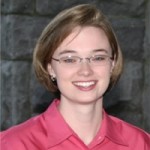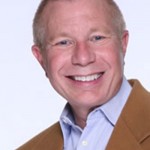This past weekend I was working with a wonderful church in Jacksonville, Florida. In my sermon on Sunday, I talked about a small church that met on the west side of the city in the poorest section of town. Thirty years ago, that church was firebombed three times because its members were mostly lesbian and gay. Ultimately, they sold their property because the neighborhood just wasn’t safe and they had outgrown the space, but they couldn’t find a place to move. So they bought land but still needed temporary housing. They called around to ask churches to rent them space, but, ironically, the very church where I was speaking was one of the churches that turned them down. None of the Christian churches in town wanted to host a mostly lesbian, gay, bisexual and transgender congregation, but they finally found a temporary home with the Unitarians.
I know this story well, because I was the pastor of that little church. Today, the church at which I was speaking is “Open and Affirming,” which, in the United Church of Christ, means they officially welcome lesbian and gay people. In fact, the chair of their council is an out gay man that I knew 30 years ago.
The point is, if churches can change their minds, their hearts, their values, and their practices, surely so can we. In the work I do, almost every church wants me to help them grow. That is a fair request. The trouble is few of them want me to help them change. “Fix everything, but change nothing.” I say to them, in as many ways as I can, “Growth is actually the outcome or byproduct of changing the things you now do that aren’t attracting (or retaining) new people.” That isn’t usually the conversation they want to have.
Neither do we. All of us want to grow and improve our lives, but few of us have the courage to begin by asking, “What changes do I need to make?” The result is the same with us as it is with most churches: we keep doing the same things and getting the same results. Like them, we often do it too long, and wait until too late. Like that church that wouldn’t host LGBT people 30 years ago but welcomes them now, we, too, can learn to be different in the world, but it must begin by asking the hardest question: “What do I need to change?”
by Michael Piazza
Co-Executive Director
The Center for Progressive Renewal








